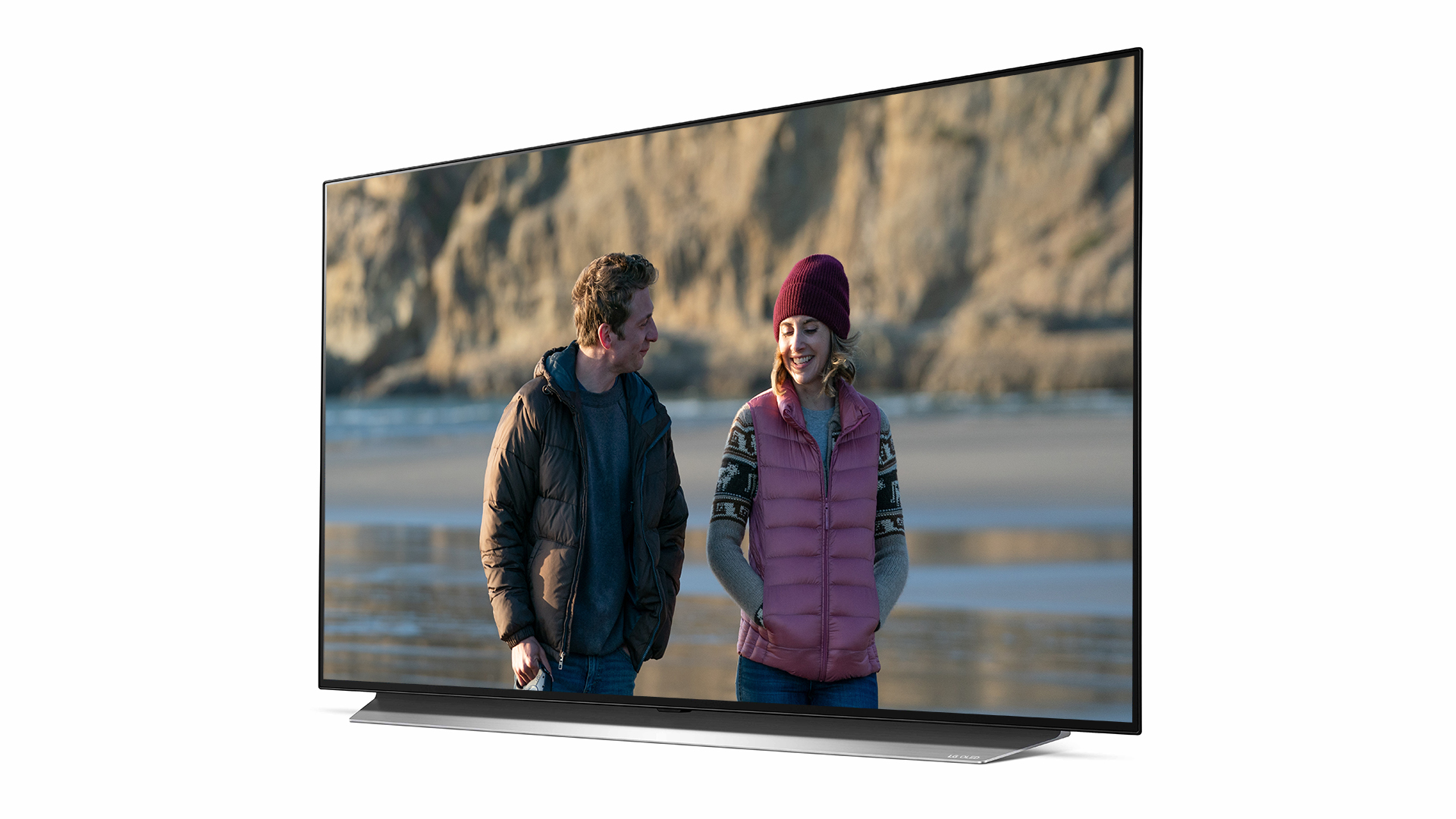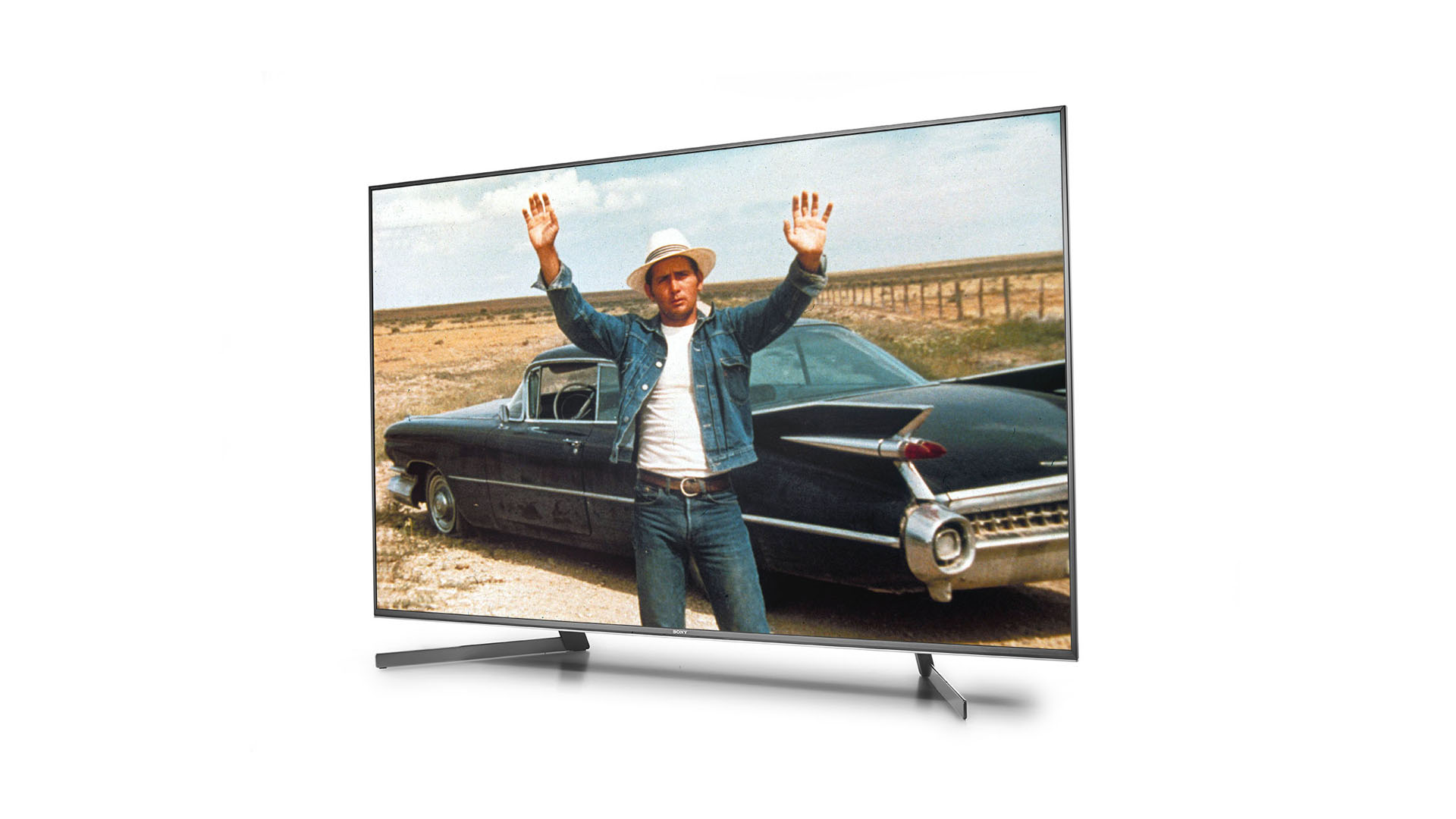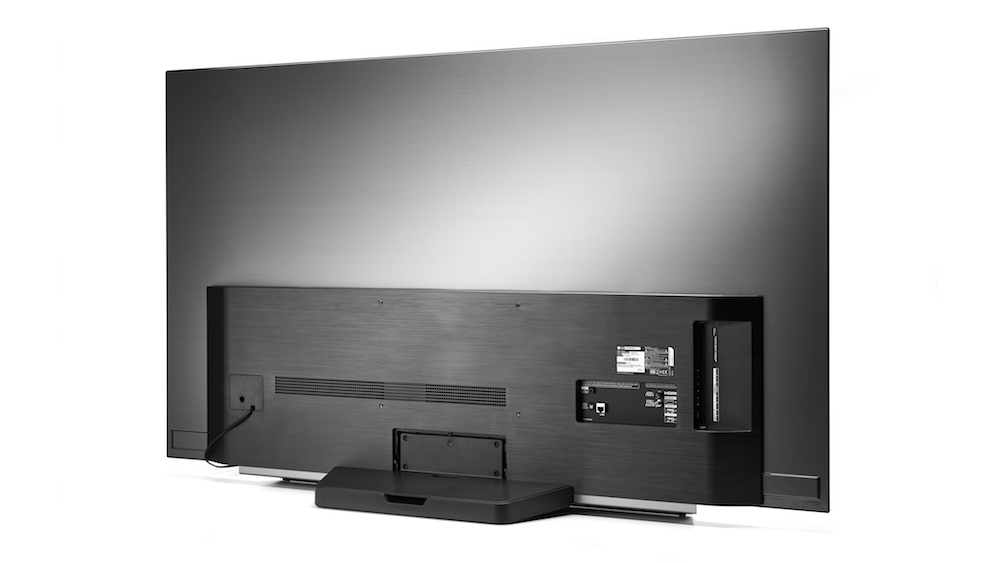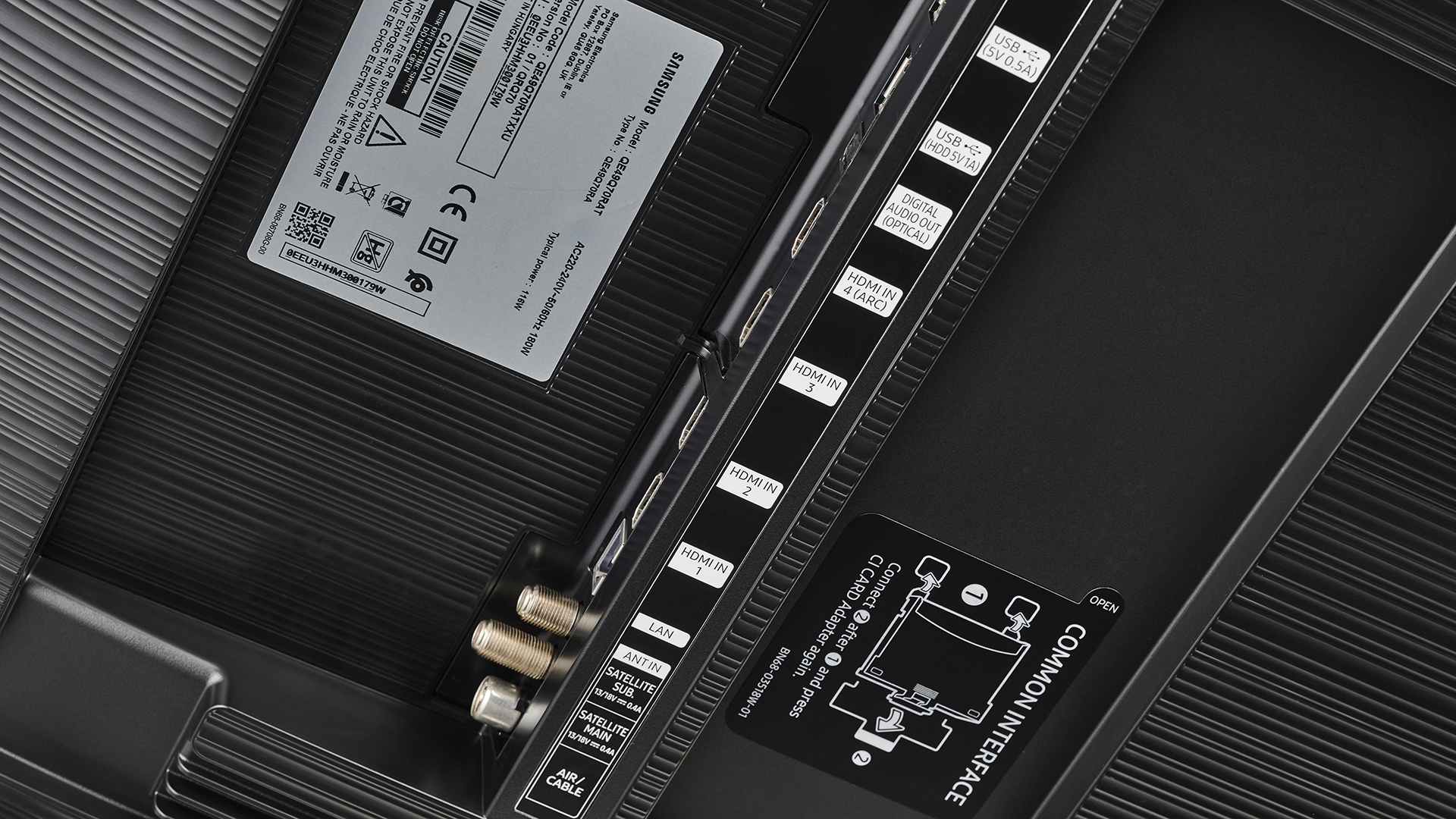Should you buy a refurbished TV? A complete buying guide
Going the refurbished route could save you a small fortune

The latest hi-fi, home cinema and tech news, reviews, buying advice and deals, direct to your inbox.
You are now subscribed
Your newsletter sign-up was successful
It's easy to see why buying a refurbished TV could be a tempting proposition. For starters, it's going to be cheaper than buying brand new and who doesn’t want to save money on their next LCD or OLED TV, especially in these belt-tightened times?
But at the same time, it can be a bit of a gamble. How do you know the TV has been repaired properly? How serious was the damage in the first place? Can you trust the seller? What happens if another fault develops? Do refurbished TVs come with a guarantee?
With plenty of deals to be had on these not-quite-new models, you might be thinking of taking the plunge and buying a refurbished set.
To help you make your decision, we've weighed up the pros and cons of buying a refurbished TV and outlined a few things you need to think about before you take the plunge.
- Our pick of the best TVs you can buy
What does a refurbished TV actually mean?
Why you can trust What Hi-Fi?

When a shop uses the term refurbished, it usually means there was a problem with a product and it’s been repaired. This could range from a cracked panel, to a broken HDMI input or a few dead pixels. The question you’ll want to know the answer to is who’s repaired the TV and what kind of warranty or guarantee is being offered? You need to be confident that if there is a problem with your refurbished TV, that you’re fully covered.
Manufacturers can refurbish products themselves, but so can retailers. For peace of mind, we’d suggest making sure that the TV you’re looking at has been back to the manufacturer for its repairs. This way you're guaranteed only official parts will be used to fix any problems. Look for phrases like ‘factory repaired’ or ‘manufacturer refurbished’ when you’re shopping online and make sure you read the retailer’s description of the TV so you’re completely in the know before you buy.
Also, it’s definitely worth reading the small print to double-check what the warranty for the refurbished TV actually covers, just so you know where you stand before clicking to buy. Most warranties will start at around two or three months. If you’re lucky, the retailer might stretch to six or even a whole year in some cases. Obviously, the longer, the better.
If you don’t feel comfortable with what’s on offer, then don’t be afraid to walk away and continue your search elsewhere.
Before you buy, we’d also suggest going through user reviews of the TV in question, just to make sure there aren't any major issues you need to know about. The last thing you want is a costly surprise further down the line. Also, use this time to double-check there aren’t any brand new examples of the TV still lurking around for sale on the internet.
What to look out for in a refurbished TV

So, you’ve got your refurbished 4K TV home and you’re keen to get it up and running. It’s probably worth running through a few things before you sit down for a Netflix binge.
First of all, we’d inspect the TV for any major signs of damage. Hopefully there won’t be, but it's always best to give it the once over. Is the stand in good shape and does it have all the necessary screws for assembly? If there’s no manual in the box, can you download it from the manufacturer’s website? That might be worth doing.
Some modern TVs have two remote controls – one standard wand and another stripped down, more stylish offering. If you’re expecting two in the box just make sure they’re both there.
Now it’s time to look at all the connections. Does it have all the inputs you were expecting? Are they all present and correct?

We’d recommend plugging your kit into the TV straight away to check that the connections you need are working. If you’ve got a set-top box and PS5 or Xbox Series X to accommodate it’s better to know sooner rather than later. While you’re doing this, you can check the TV’s internal speakers. Do they sound OK at low and high volume? Is there anything rattling around?
If the TV can be connected to the internet, we’d suggest going online to see if the software is up to date. Make sure your refurbished TV has all the apps you need and that they’re all updated and working. It’s not unusual for some TVs to lose compatibility with certain apps over time.
Once you’re happy, you can head over to our guide on how to set up your TV and get the best picture.
Refurbished TV alternatives

If you’re not keen on going down the refurbished route, you could look for an ‘open box’ purchase, which can still be cheaper than buying brand new. ‘Open box’ usually means that the TV will have been returned for some reason but the TV should, to all intents and purposes, still be in new condition.
You could look for an ex-display unit where a discount has already been applied or, depending on your haggling skills, you could try to negotiate money off in-store. In theory, there shouldn’t be much to worry about – these TVs will have just been used on the shop floor to entice customers. That said, we’d suggest you take a look at the TV powered up at home and make sure there are no traces of screen burn or any dead pixels. It really depends on what demo footage was playing in-store, how long for, and whether the TV was powered down properly. Again, make sure the retailer provides a warranty.
Of course, it can also pay to be patient. If you’re willing to wait twelve months or more, you’ll be able to pick up a number of brand new TVs with quite a hefty discount. For example, we’ve seen the price of some OLED TVs drop by half since they first arrived on the market. This is especially true around big sale days like Black Friday and Cyber Monday.
Have a look at the links below and you'll find the best deals and prices listed next to most of the models we've recommended.
More:
When's the best time to buy a TV? Your guide to saving big on 4K, OLED and LCD TVs
Our pick of the best TVs: budget to premium 4K Ultra HD TVs
Looking for a flatscreen bargain? Here are the best TV deals
The latest hi-fi, home cinema and tech news, reviews, buying advice and deals, direct to your inbox.
Andy is Deputy Editor of What Hi-Fi? and a consumer electronics journalist with nearly 20 years of experience writing news, reviews and features. Over the years he's also contributed to a number of other outlets, including The Sunday Times, the BBC, Stuff, and BA High Life Magazine. Premium wireless earbuds are his passion but he's also keen on car tech and in-car audio systems and can often be found cruising the countryside testing the latest set-ups. In his spare time Andy is a keen golfer and gamer.

